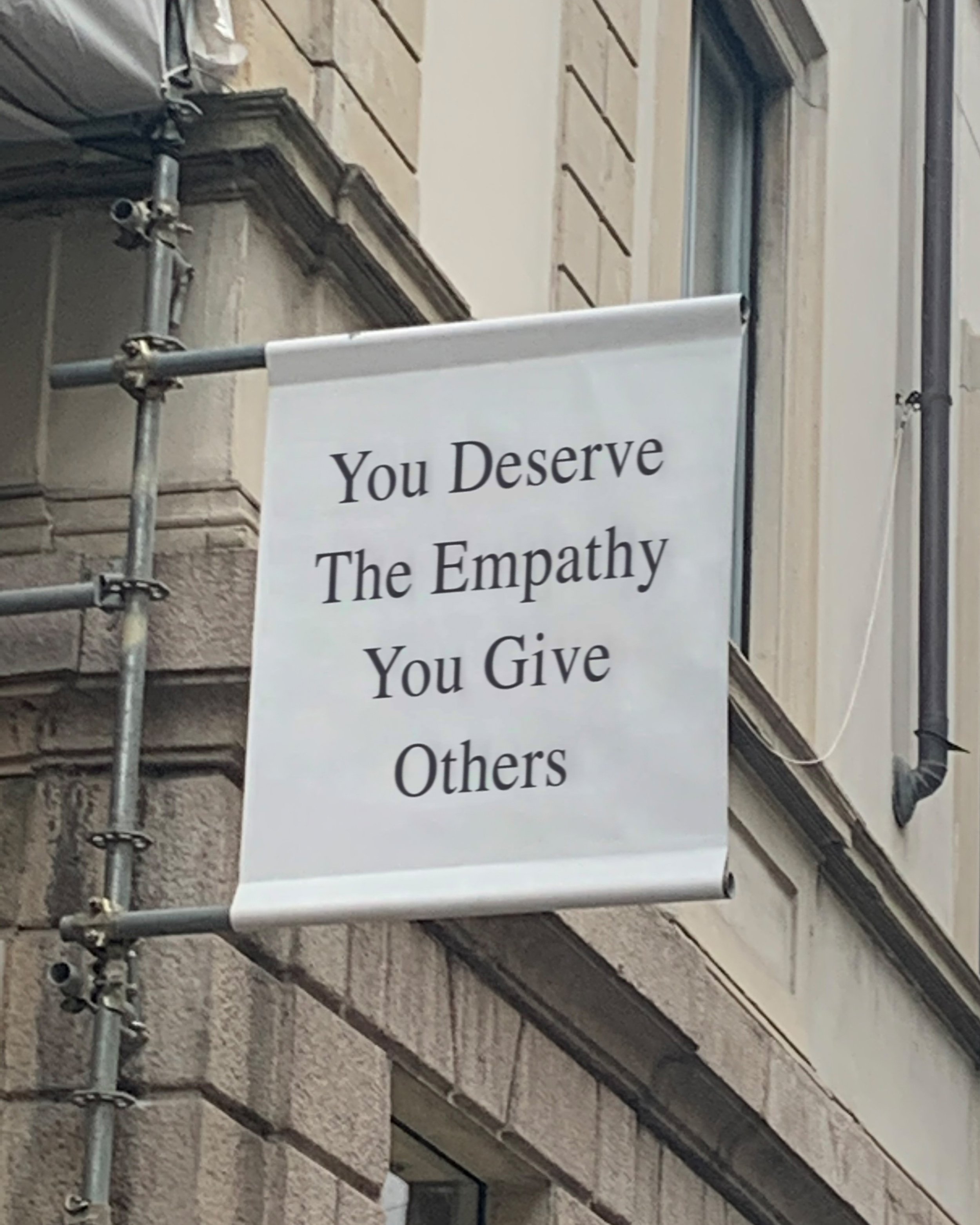Blog
Popular Topics

Healing Through Connection: The Power of Nourished Relationships and Co-Regulation
Curious to learn more about the influence your relationships have on your nervous system and stress reponse? Let's explore the impact of relationships on the healing journey. Our nervous systems thrive in the presence of safe and stable individuals, making nourishing relationships one of the most powerful tools in healing. Learn ways to find healthy individuals to create relationships with and discover how transformative a safe support system can be.

Navigating Relationships and Intimacy After Sexual Trauma
People who have experienced sexual trauma in their past can feel an intense impact on their ability to connect intimately with a chosen partner. This blog explores what sexual trauma is, how it may be impacting your relationship, how to discuss with your partner, and strategies to self-care.

The Importance of Self-Compassion
Self-compassion is often thought to be soft, weak, or unproductive. But self-compassion isn't wallowing and, actually, research shows numerous benefits of practicing self-compassion. We'll explore what self-compassion actually is, what the research says, and how to bring in practices to everyday life.

My Family Doesn’t Believe in Therapy
Starting a therapeutic journey to improve your mental health can be very difficult to begin. It is even more challenging when your closest network of family, friends, or chosen family, are not supportive of therapy both intentionally or unintentionally. This post explores why family or friends may be unsupportive and how to best help you navigate through it.

The Science of Connection: Why Neurobiology is Important in Couple’s Therapy
The neurobiology of connection is essentially what happens in the brain when we are in connection with others. In a hyper-world, it can be easy to forget that we are social creatures. Connection isn’t just something we want, it’s something we need. Just like air, we can’t survive without it. This blog explores the connection between Polyvagal Theory, Attachment Styles, and Couple’s Work.

I’m Dissociating During Sex…Now What?
Dissociating is a protective mechanism, that feels like a disconnect between your external environment and being present in your body. This blog explores what’s going on when dissociating is occurring during sex, with a presently consensual partner, how to discuss with your partner, and strategies to manage.

Holistic Healing for Inner Chaos: Tools to Navigate Internal Conflict
Inner conflict is something we all encounter, and struggle to navigate. Inner conflict refers to a state of psychological distress from battling conflicting desires, needs, or beliefs within an individual. This blog reviews holistic strategies for sitting with and resolving internal conflict.

How to Validate: A guide to support yourself or others
Emotional validation is the act of acknowledging and accepting another person's feelings as valid and understandable. In today’s blog, we will break down 5 strategies on how to self-validate or validate someone you love to enhance the connection to ourselves and others. We often feel more connected to ourselves or others when we feel heard and understood, not to mention strengthens the relationship with ourselves or with someone we care about.

Validation in Relationships
Validation does not always (or even usually!) mean saying “You’re right” or “I’m sorry.” In conflict, we often fear that validating the other person is akin to “losing” the argument or giving up. It can actually be quite the opposite. Validation can build compassion, cultivate connection, and lead to strengthened communication.

6 Ways to Stop Overthinking
Exploring 6 ways to stop the overthinking spiral. Have you ever got lost in your thoughts and felt like you were spiraling down a rabbit hole? Well, if so, you are not alone. Most of us have experienced the struggling of rumination and constant chatter in our minds. Let’s explore how to manage overthinking.

A Path to Relieving Chronic Pain
Holistic psychotherapy offers hope for chronic pain sufferers. This comprehensive approach addresses psychological triggers, stress reduction, coping strategies, and lifestyle factors, leading to lasting relief and improved well-being. If you're living with chronic pain, consider holistic psychotherapy as part of your pain management strategy for a more comprehensive solution.

Attachment Styles & Our Relationships
Attachment styles are patterns of relating to others, primarily formed in early childhood through interactions with caregivers. These styles play a significant role in shaping how individuals approach emotional intimacy and relationships, impacting their trust, vulnerability, and behavior. Working with a licensed mental health professional is a safe and supportive way to address and potentially change one's attachment style.

Embodiment: Coming Home to Ourselves
The text explores the concept of embodiment, emphasizing the importance of reconnecting with the physical body in a culture that often prioritizes intellectual and emotional aspects over the physical. It defines embodiment as the experience of being a body in a social context and highlights the significance of exteroception, proprioception, and interoception in creating a felt sense of self.

Intrusive Thoughts: An Acceptance and Commitment Approach
An exploration of Intrusive Thoughts, including what they are, who has them, and why they’re so emotionally distressing. From there, we’ll move into exploration of Acceptance and Commitment Therapy, a mindfulness-based behavioral therapy that can offer us relief in the form of psychological flexibility.

Self-Compassion + Your Nervous System
Just as our stories are different depending on how the nervous system is functioning, the stories we are telling ourselves also impact how the nervous system is functioning. We have the ability to help support the nervous system in regulating or to contribute to dysregulation.

Avoiding Burnout and Finding Deep Rest
On avoiding burnout, challenging “hustle” culture, and deepening our relationship with rest and ourselves for mental wellbeing.

Nonviolent Communication in Relationships
Nonviolent Communication: Returning home to our needs, practicing deep listening, and finding our way through conflict.

Silencing Your Inner Critic
See how to silence your inner critic. Learn more about self-criticism, self-compassion, and how to heal and grow during tough times from Nourished Wellness Group.
